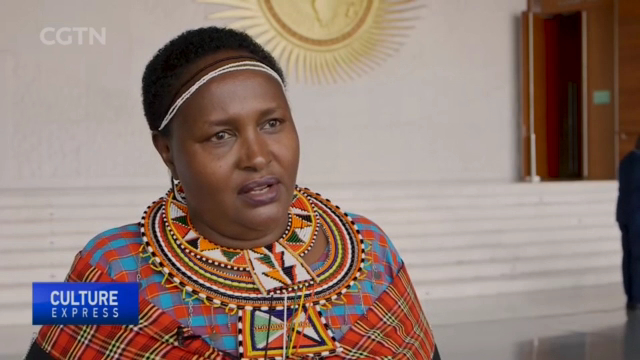
19:18, 14-Aug-2019
African Indigenous Languages: UN warns about 3,500 languages could go extinct by year 2100
Updated
19:36, 14-Aug-2019

As the United Nations General Assembly recognizes 2019 as the International Year of Indigenous Languages, many Africans are pushing for greater recognition for theirs. The UN warns that of the world's almost seven thousand languages, half could go extinct by 2100. CGTN's Coletta Wanjohi reports from Addis Ababa, where African representatives met with the UN's cultural body UNESCO.
The Oromo is a culture found across parts of both Kenya and Ethiopia. Its traditional leadership system called the Gadaa system ensures leadership changes hands every 8 years. It's recognized by UNESCO as an Intangible World Heritage.
GUYO JALDESA OROMO FROM KENYA "The Ethiopian Gadaa system is our law too. We respect it."
But westernization is threatening culture like this. Isabelle Zaugg is a researcher in Ethiopian languages. She says most local indigenous languages are not incorporated in the most used areas like computer systems and people are therefore more exposed to foreign languages.
ISABELLE ZAUGG RESEARCHER "Primarily digital tools are being developed because of market demand. But some of these languages are not large, they may not have a lot of money, but they still deserve support for their languages rather than being basically pushed by the tools to adopt languages and script that they don't feel like their own."
According to the UN, there are about 370 million people worldwide who belong to indigenous communities.
COLETTA WANJOHI ADDIS ABABA "UNESCO predicts that by the end of this century, between 50-90% of indigenous languages will have been lost. That's why many Africans are seeking help to preserve the approximately 2000 native languages on the continent."
Jennifer Koinante comes from the Yiakku tribe in Kenya which has only 6000 people. She says preservation must begin at home.
JENNIFER KOINANTE ACTIVIST FROM KENYA "In Africa, we are intermarrying, that is OK. But everybody has their language. Why don't we say that we have to speak one of the languages of the two parents. Parents have a crucial role to play because a language taught is different from the language that you learn when you are very young. So it is supposed to start from home."
Some Africans want Kiswahili, a language from the Eastern Africa to become one of the UN's official languages.
UNESCO is now collecting proposals from people around the world on how to preserve their native tongues.
For the Oromia community, one way of keeping the culture going is by passing wisdom to the next generation of leaders.
Coletta Wanjohi, CGTN, ADDIS ABABA, ETHIOPIA.
SITEMAP
Copyright © 2018 CGTN. Beijing ICP prepared NO.16065310-3
Copyright © 2018 CGTN. Beijing ICP prepared NO.16065310-3